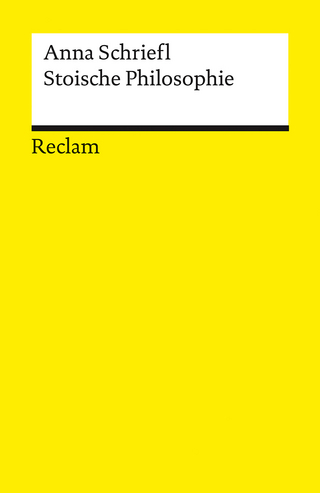
Why Does Inequality Matter?
Oxford University Press (Verlag)
978-0-19-881269-2 (ISBN)
Inequality is widely regarded as morally objectionable: T. M. Scanlon investigates why it matters to us. Demands for greater equality can seem puzzling, because it can be unclear what reason people have for objecting to the difference between what they have and what others have, as opposed simply to wanting to be better off. This book examines six such reasons. Inequality can be objectionable because it arises from a failure of some agent to give equal concern to the interests of different parties to whom it is obligated to provide some good. It can be objectionable because it involves or gives rise to objectionable inequalities in status. It can be objectionable because it gives the rich unacceptable forms of control over the lives of those who have less. It can be objectionable because it interferes with the procedural fairness of economic institutions, or because it deprives some people of substantive opportunity to take part in those institutions. Inequality can be objectionable because it interferes with the fairness of political institutions. Finally, inequality in wealth and income can be objectionable because it is unfair: the institutional mechanisms that produce it cannot be justified in the relevant way. Scanlon's aims is to provide a moral anatomy of these six reasons, and the ideas of equality that they involve. He also examines objections to the pursuit of equality on the ground that it involves objectionable interference with individual liberty, and argues that ideas of desert do not provide a basis either for justifying significant economic inequality or for objecting to it.
T. M. Scanlon attended Princeton University (BA in Philosophy, 1962), studied at Oxford, Brasenose College, 1962-63, and then at Harvard University (PhD in Philosophy, 1968). Scanlon taught philosophy at Princeton 1966-1984, then at Harvard from 1984 until his retirement in 2016. He was one of the founding editors of Philosophy & Public Affairs and has published mainly in moral and political philosophy.
1: Introduction 2: Equal Concern 3: Status Inequality 4: Procedural Fairness 5: Substantive Opportunity 6: Political Equality 7: Equality, Liberty, and Coercion 8: Desert 9: Unequal Income 10: Conclusions
| Erscheinungsdatum | 15.12.2017 |
|---|---|
| Reihe/Serie | Uehiro Series in Practical Ethics |
| Verlagsort | Oxford |
| Sprache | englisch |
| Maße | 144 x 224 mm |
| Gewicht | 348 g |
| Themenwelt | Geisteswissenschaften ► Philosophie ► Allgemeines / Lexika |
| Geisteswissenschaften ► Philosophie ► Ethik | |
| Sozialwissenschaften ► Soziologie | |
| ISBN-10 | 0-19-881269-8 / 0198812698 |
| ISBN-13 | 978-0-19-881269-2 / 9780198812692 |
| Zustand | Neuware |
| Informationen gemäß Produktsicherheitsverordnung (GPSR) | |
| Haben Sie eine Frage zum Produkt? |
aus dem Bereich


